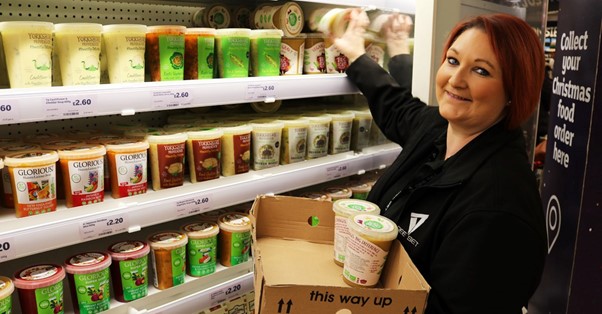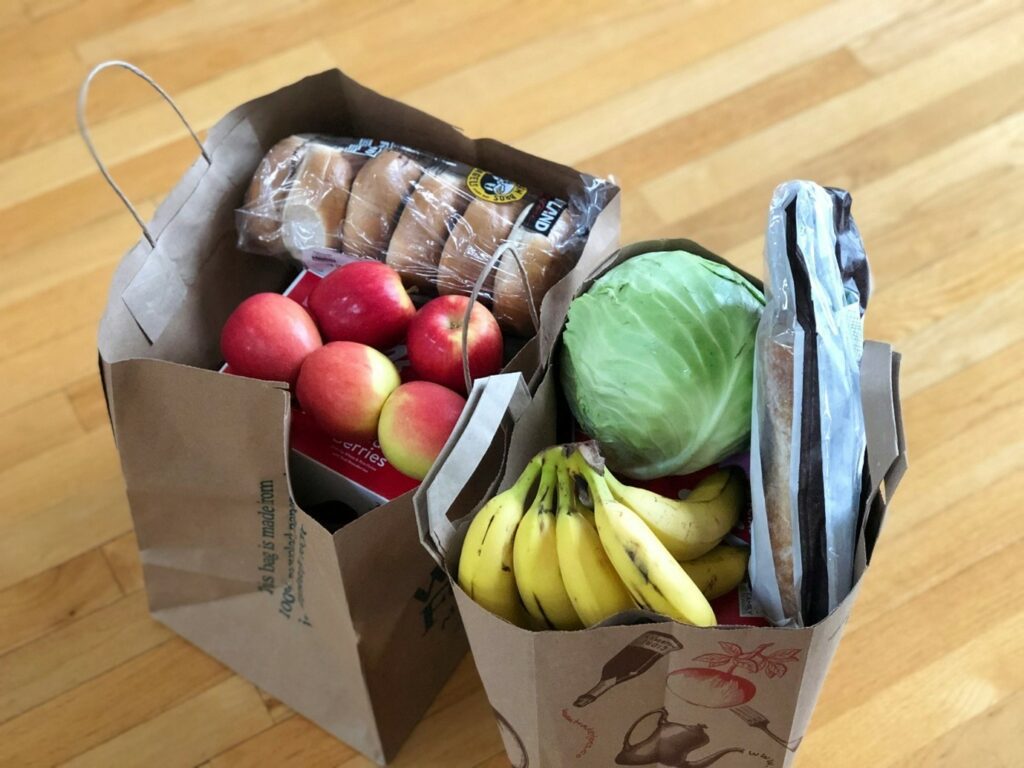
In 2023, the term Cost of living gained widespread attention due to the significant challenges posed by the steep increase in food and energy prices in 2021 and 2022. This crisis was fuelled by climate shocks and the pandemic, resulting in the most severe UK economic contraction in over 300 years. In 2023, it was reported that 81% of Brits have altered their shopping habits in response to the cost of living crisis. It’s clear that this is a time of significant stress and worry for many people who are now facing periods of poverty and financial stress, which have the potential to rise over the next few years. As a result of this, some are cutting down on their basic living essentials, like heating and food. Those who have a lower income, are really feeling the struggle of these times as they’re likely to spend a proportionately large amount of money on food and energy. This of course has negative implications for the retail, leisure industries, and wider economy. Caught in the crossfire, retailers face challenges as consumers grappling with rising prices turn to theft or migrate towards discount retailers to save money. To counteract theft, retailers have implemented security measures like tagging sought-after items. Additionally, the rise of self-checkout theft has prompted increased staff presence in these areas. Due to the rising costs of food at many retailers, some shoppers are turning to discount retailers in an attempt to save money. This of course means that affects retailer performance as their generated income has the potential to decline significantly. Many retailers are facing the dilemma of wanting to maintain customer loyalty, but also maintaining their profits as they are also cost of living. This can lead to tensions between retailers and manufacturers. Whilst there are always tough price negotiations in these relationships, disagreements are becoming more common and extreme, which we’ve seen with the Tesco and Heinz disagreement. For many shoppers, ‘Shrinkflation’ and ‘Skimpflation’ are terms that were once unheard of, but now are becoming words that feel much more tangible whilst completing their weekly shop. Shrinkflation refers to when sizes of products are made smaller, but the cost is not cut. Skimpflation occurs when expensive ingredients are reduced but the price consumers pay remains the same. Many renowned and loved brands that tend to be shoppers' first picks are now being discarded and replaced with own-label products as shoppers are catching onto the fact that they are getting lower quality or fewer products for their money. Dee Set CEO Greg Phillips states that the change in consumer spending will greatly impact retailers: “The cost of living crisis will remain a huge challenge for shoppers in 2024 and there will be shades of the spending habits we saw last year, with shoppers trying to stretch their spending to cover more bases than ever before. Retailers will once again be challenged with re-engineering products, supply chains, and service to meet decreased consumer spend”. For prices in the UK to fall, inflation would need to go into negative figures. Commenting on the current inflation situation, Greg Phillips states: “We’re not escaping the turbulent trends we saw last year with inflation. We won’t see double-digit inflation again for some time, but the headline rate will still remain higher than it has been over the past two years and any recent decrease trends will come to a halt.” While there is no clear end in sight for the cost of living crisis, some experts suggest a potential improvement in the second half of 2024, driven by reduced inflation rates and lower gas and oil prices. Currently, many retailers are experiencing a slowdown across the board. Where they can, many retailers are investing more in their own-label products as they understand that right now, the average consumer appreciates good quality and low prices. The Grocer reports that sales of own-label products are up 14.1%, now accounting for 54.7% of grocery sales (including 2.4% of unlabelled loose items) and 62.6% of volume. It's clear that these next few months will be challenging for both consumers and retailers. We can expect that retailers will work even harder to encourage customer spending, including additional price cuts or promotional activity. The effect of the cost-of-living crisis is likely to be felt for a long time. As a result, consumers are seeking products that will serve them in more ways than one – valuing both quality and affordability. With the range of in-store and end-to-end solutions we offer within our service capabilities, talk to us and allow us how we can tailor our services to optimise customer in-store experiences and maximise your sales.How retailers are responding...

Paying more for less...

What’s the outlook looking like?
What should the focus be for retailers?
Looking Ahead…